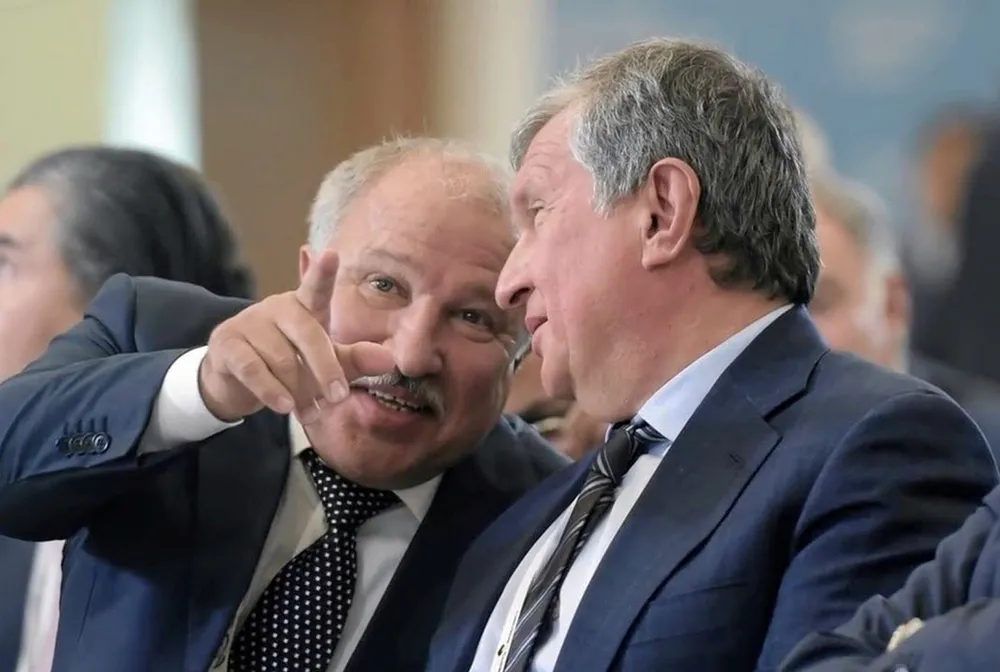Rosneft output slashed after legacy oil and gas assets sale
Russia's largest oil producer discloses massive exploration effort at Vostok Oil and conflicting trends in top and bottom lines

Russia's largest oil producer discloses massive exploration effort at Vostok Oil and conflicting trends in top and bottom lines
